1. My double point of view
1.1. As co-coordinator of the research axis on digital corpuses in Centre Koyré
1.2. As a teacher in University of Paris Est Créteil (assistant prof. = MCF)
1.2.1. Undergraduate level: initiation to HPST for 1st year undergraduates
1.2.2. HPST for future teachers
2. Questionable questions?
2.1. is there a "pedagogical context" clearly distinct from the research and development context in DH?
2.2. What does building digital corpuses in HPST means?
2.2.1. Digitalisation alone?
2.2.1.1. How does the choice of the digitalised corpus made visible?
2.2.1.2. How are digital archives built? on what standards?
2.2.1.3. What about digital "natives" documents?
2.2.2. Building new tools?
2.2.2.1. Edition
2.2.2.2. Commentary
2.2.2.3. Structuring the data
2.2.2.4. Structuring collaborations?
2.2.3. What does "primary sources" exactly mean in a digital environment?
2.3. Does the availabitity of sources really IMPROVE teaching?
2.3.1. availability can represent a threat to expertise
2.3.2. The risk of getting lost
2.3.2.1. too many sources, with little or disputable expertise
2.3.2.2. too many ways in which sources are made available, with little awareness of the characteristics of each
2.3.3. Digital expertise creates many gaps, including among teachers and researchers
2.3.4. Does technology make any difference?
2.3.5. Does the use of ICT tools need to be intensive in order to be effective ?
3. What are TO MY VIEW the right questions to ask?
3.1. Acculturation
3.1.1. How do we get students conscious of their use of ICT tools?
3.1.2. How can we learn them to write? to read?
3.1.3. How to they get conscious of the provenance and nature of online ressources?
3.1.3.1. Research questions
3.1.3.2. Expertise
3.1.3.3. Communities
3.2. (Digital) identity
3.2.1. Who are they as co-writers? As collaborators and members of various projects?
3.2.2. As bearers of information?
3.2.3. As individuals with a past and traces?
3.2.4. Who can they become?
3.3. What kind of historical consciousness can students get in a digital age?
3.3.1. how to introduce them to the history of (intellectual) techniques, media, and "litteracies"?
3.3.2. How can they get a more acute sense of theoretical and intellectual revolutions?
3.3.3. How can they get conscious about the variety of historical temporalities?
